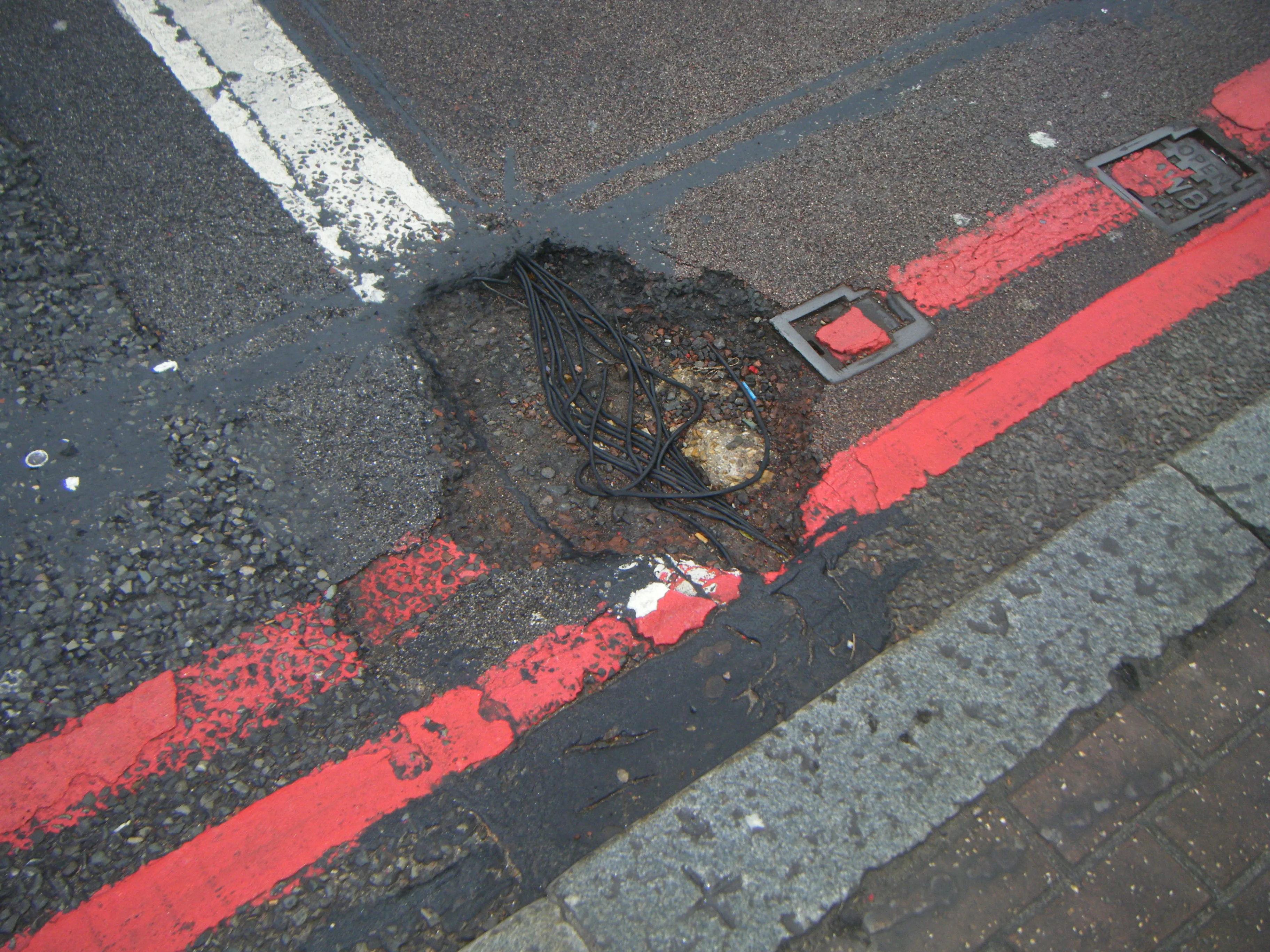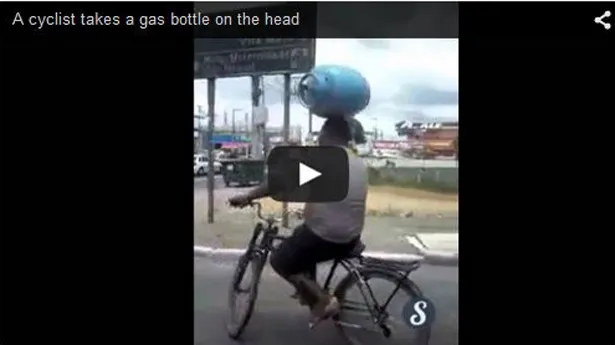
Potholes are the scourge of commuters and the source of hours of complaining around the office water cooler. But some people do more than complain; they take action that gets results, such as happened recently in the United Kingdom.
He was dubbed the pothole vigilante, a 72-year-old man who decided one morning to fill one particular pothole he called “The Crater” after 17 months of complaining to the council.
That first pothole job took Reg Winsor 15 minutes to repair using a friend's tarmac and tools, according to %$Linker:
He went on to fill 50 more potholes and the council eventually offered him some training and a job.
"There is no money to do it, so what we are meant to do, sit on our backsides and do nothing? We are British and most of us Brits want to do something about it," he said.
The BBC reported that Devon County Council has a pothole repair backlog of around US$1.2 billion (£758 million) and it spends $1.57 billion (£1 billion) every year maintaining nearly 13,000km of roads.
In Russia, the news outlet %$Linker:
But another Russian man has gone down the smartphone route and developed the pothole app. A person takes a picture of the offending hole and loads it onto a website that names and shames the local authority and leaders.
All three efforts in Russia have made councils move faster on repairs, Al Jazeera reported.







